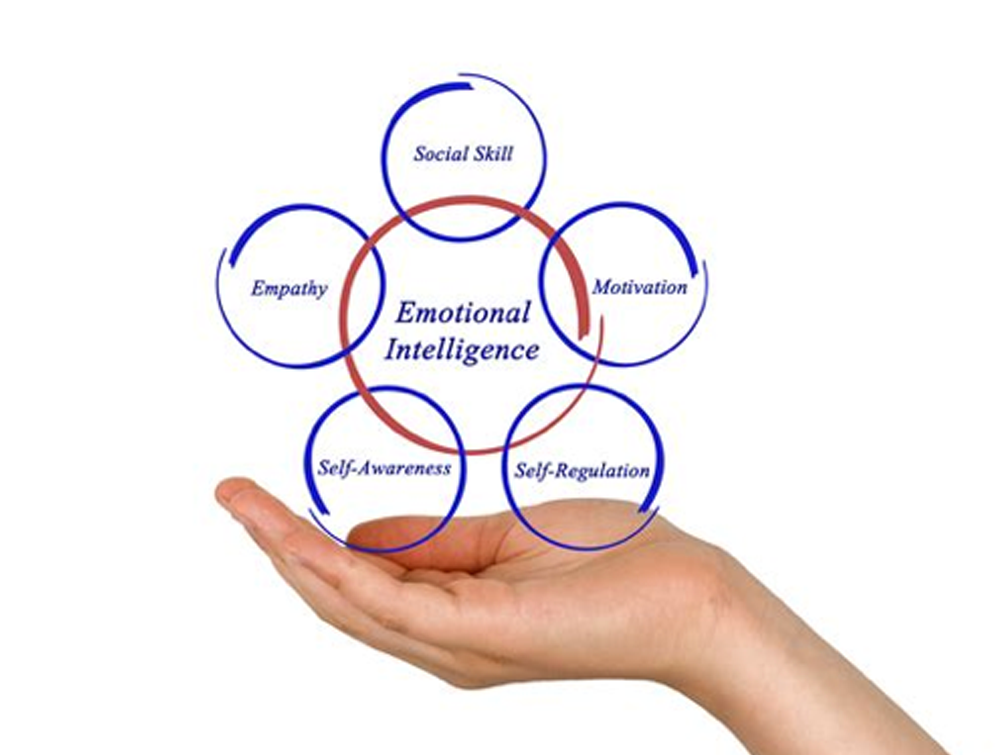Emotional Intelligence Skills to Develop at Home
Emotional intelligence is composed of fifteen skills that can be learned. That is why we will be working through exercises such as developing each of them in separate articles.
- Self-regard:
How to build your child's confidence level, which emerges primarily from self-acceptance and self-respect.
- Emotional Self-awareness
Develop the ability to recognize their emotions as they are happening and to know what causes those emotions.
- Self-actualization
Set appropriate goals, achieve them and get satisfaction and meaning from their pursuits.Emotional self-expression:
Appropriately express emotions verbally and nonverbally and keep that expression congruent.
- Assertiveness:
Stand up for themselves when confronted by bullying or pressured by friends to do something they know is wrong.
- Independence:
Be self-directed and function without depending too much on others, or not asking for too much help or comfort, depending on age of the child.
- Interpersonal relationships:
Build friendships and be comfortable with others, including adults. Play comfortably with peers, build new friendships or reach out to old friends.
- Empathy
Appreciation of the feelings others may be experiencing is a key part of empathy. Behaviors children or teenagers might display include the willingness to share a toy because they understand a friend wants to play with it, or at a more mature age, to ask appropriate questions in order to understand the feelings or behaviors of another person.
- Solidarity
Cooperative behaviors in children or teenagers, including doing their chores without constant reminders, a willingness to share with peers or siblings who want to borrow something, or a willingness to volunteer their time to help someone else.
- Problem solving:
Behaviors you might see in children or teenagers include telling you when they are struggling with something at school, on a sports team or with a friend, and then being willing to generate a potential solution and being committed to implementing it.
- Reality testing:
Involves an accurate reading of the environment and facts without over/ under reacting. Behaviors that children or teenagers might show are following family rules even when they don't want to, understanding the consequences of not doing so, and not procrastinating.
- Impulse control:
Behaviors in children or teenagers include the ability to not overeat, to not throw a tantrum, to complete a less desirable chore (homework) before doing something that's fun (computer) and to show patience when completing a difficult task.
- Flexibility:
This involves being comfortable with change. Flexible children and teenagers show a willingness to begin new things with excitement, or at least with a neutral response, rather than with too much anxiety.
- Stress tolerance:
Includes the ability to withstand things that activate stress without falling apart or having "meltdowns" (except on rare occasions), to not be too fearful of new situations, events, or challenges, and to be able to stay focused on the task at hand, even in stimulating or stressful environments.
- Optimism:
Includes an attitude of "I can do better at this if I try hard enough, also to have a willingness to keep trying to master something that is difficult. Optimism includes making positive statements or framing situations in a positive way, rather than a negative way.
*Korrey Kanoy, Emotional Intelligence
in Children (Massachusettes:AdamsMedia.2013)
